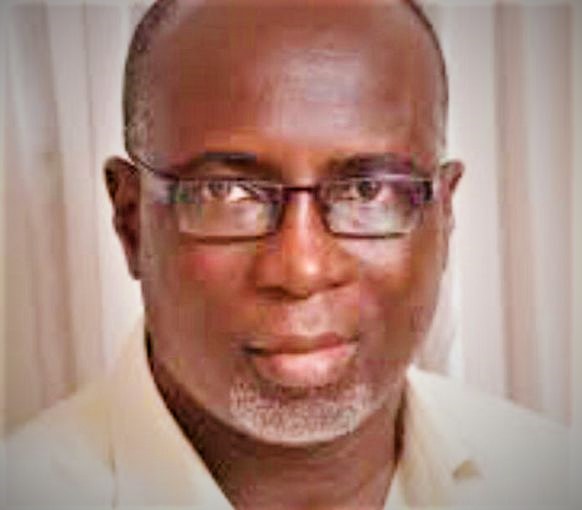
Churches to pay copyright royalties
The General Manager (GM) of the Ghana Music Rights Organisation (GHAMRO), Mr Jonathan Cudjoe, has stated that the copyright society will soon demand copyright royalties from churches.
The move is to fetch enough income for creators of artistic work whose outputs are used by these churches for free.
According to him, churches are public places where public performances of music authored by others were played often, hence there was the need to bring them within the reach of the Copyright Act 2005, Act 69.
Section 37(1) and (2) of the Copyright Act states clearly that any artistic work used in a public place shall be entitled to copyright royalties.
“(1) Where in any public place, by means of broadcasting, cinematography, jukebox or other apparatus, a sound recording or audio visual work is used, the authorised performer and producer of the sound recording or audio visual work shall be entitled to royalty in accordance with this Act.”
“(2) An owner of copyright is entitled to collect royalties for the live performance of the copyright work or for the public performance of the recorded copyright work.”
Mr Cudjoe made this known to the GRAPHIC BUSINESS in an interview on February 18 in Accra.
He added that they had started demanding copyright royalties from churches in Accra and hopefully they would progress to the regions across the country.
“We started with churches, we are dealing with the diocese and we are currently dealing with the Accra local churches, which will be the first to be licensed,” Mr Cudjoe said.
Lack of compliance
Mr Cudjoe said though churches failed to comply with the Act, they would use measures that were deemed appropriate for the collection of those royalties.
“Despite our challenges and engagements, we will still insist that our users pay what is expected of them and for us, we will be hard if our users fail to comply,” he said.
He stated that music was key and essential to every aspect of human life and could not be left out, therefore users ought to conform to the act and pay their royalties.
He added that in the past, users used music for free so paying for it now had become a challenge since they did not include that in their budget.
Online users to be engaged
Mr Cudjoe said they were looking for ways to involve the online users in the payment of copyright royalties.
He said involving online users would be much of a challenge since people tended to use gadgets at their convenience and not at public places.
“The challenge with online, unlike the public performance, is that people use gadgets at their own time and convenience, so getting them to pay will be difficult,” he added .

